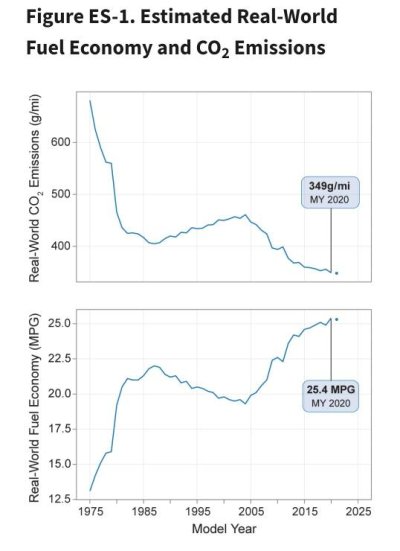Dividing into Four major areas:
- Hydraulic pump, attached to front of main engine via splined shaft, Eaton Model 70553.
- Electric/hydraulic servo's to first switch source of hydraulic pressure, either main engine, or backup Isuzu diesel engine. Then select destination appliance to use pressure: In our case, chose between bow thruster, generator, or get home hyd. motor which couples to main shaft via chain and sprockets in the event the main engine is disabled.
- Hydraulic motor, attached to generator: No data plate found
- Generator itself: Stamford 12 KVA, 120v, 100amp
I can adjust the Hertz to 60 cycles by looking at a gauge, and turning a valve by the servo's to fine tune. For instance if I chose cruise rpm of 1300, then set it, then chose to bump my main engine rpm to 1400, I will have to manually set the hz down to obtain 60hz again.
One of the drawbacks of HYDRAULIC bow thrusters is that when you are most in need of the thruster, many times you are in slow speed maneuvers, say coming into dock, and therefore the main engine rpm is low, and your hyd pressure/flow will be low, resulting in a weak bow thruster response.
HOWEVER, since we have a CPP, docking is generally conducted with main engine rpm of around 1100, varying pitch for speed, and fwd, or rev. So we have plenty of hyd pressure for the bow thruster.
Enjoy!


...



 /
/